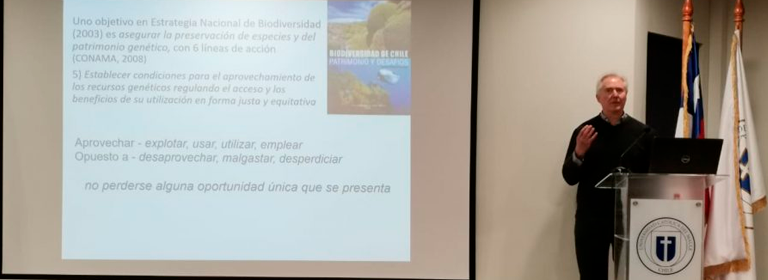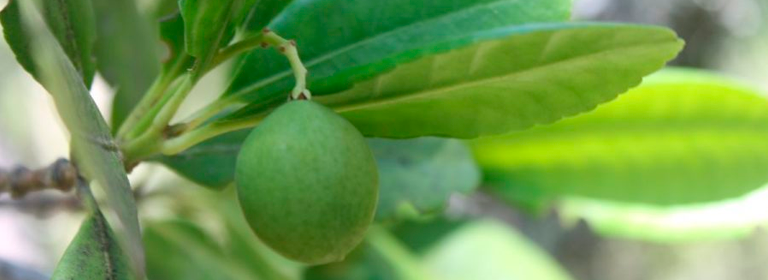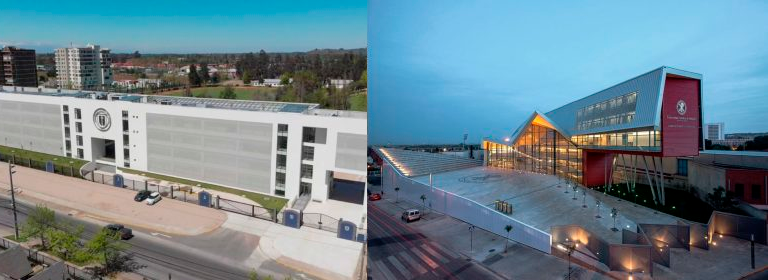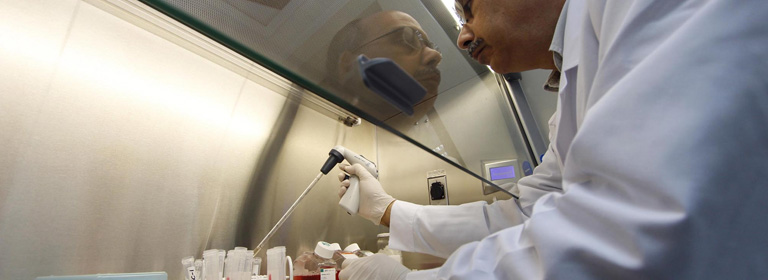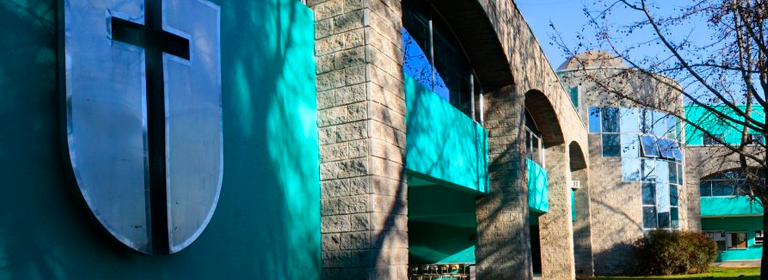David Boshier, member of the Commonwealth Scientific and Industrial Research Organization in Australia (CSIRO), highlighted local efforts to recover threatened native species, during the inauguration of the academic year of the Doctorate in Translational Biotechnology at the Universidad Católica del Maule.
 Biodiversity expert and member of the Commonwealth Scientific and Industrial Research Organization in Australia (CSIRO), David Boshier, described the restoration of native forests in Chile as a «new opportunity» for endangered native species.
Biodiversity expert and member of the Commonwealth Scientific and Industrial Research Organization in Australia (CSIRO), David Boshier, described the restoration of native forests in Chile as a «new opportunity» for endangered native species.
«The native forest restoration projects that are being promoted in the country, particularly in the central-southern zone, are for me a new opportunity for endangered species,» said the scientist, during the inauguration of the academic year of the Doctorate in Translational Biotechnology, taught by the Faculty of Agricultural and Forestry Sciences of the Universidad Católica del Maule (UCM).
Both government plans and the efforts of civil society agencies have planted thousands of native species, such as quillay (Quillaja Saponaria), peumo (Cryptocarya alba), and hawthorn (Acacia caven), throughout the national territory.
«Chile is also at the forefront of genetic improvement and the use of technology to improve the production of radiata pine and eucalyptus, on a par with New Zealand and perhaps doing a little better than Australia,» said the Oxford University researcher, whose presentation was entitled «Biodiversity of Chile, taking advantage of the genetic diversity of native and exotic trees: achievements, challenges and opportunities.»
«Biodiversity is an important focus within our program. In fact, the concept of biotechnology was rounded out at the 1992 Earth Summit in Rio de Janeiro, where biodiversity and sustainable development issues were discussed. Having a conference by a recognized expert on the subject, who is also visiting us for the second time at UCM, is very positive for the doctorate,» said the director of the program and doctor in Agricultural Sciences, Genetics, and Biotechnology, Ariel Arencibia.
For the academic, who recently participated in a congress at Lovely Professional University in India, the event contributes to the internationalization of the doctorate.
 «From the undergraduate level, we already had agreements signed with universities in Italy, Brazil, India and the United States. What we are doing is to delve into these agreements at the doctoral level, so that our students can eventually go abroad during the second semester,» he said.
«From the undergraduate level, we already had agreements signed with universities in Italy, Brazil, India and the United States. What we are doing is to delve into these agreements at the doctoral level, so that our students can eventually go abroad during the second semester,» he said.
Technology Transfer: a UCM Hallmark
Just as the activities outside the national borders are transcendental for the campus, in the opinion of the director of Postgraduate Studies of the institution, Karina Vilches, the focus on technology transfer also corresponds to a «UCM hallmark».
«The focus of this doctorate is to generate human capital that makes technology transfer to society, responding to the needs of the region and the country. That is, taking multidisciplinary knowledge, adapting it to reality and making an impact through a patent, a technology-based company or transformation of a practice, always in the context of sustainability. This is a UCM hallmark,» she said.
Focused on training advanced researchers in agribusiness, biomedicine, environment, and sustainability, the Ph.D. in Translational Biotechnology UCM is a pioneer in Chile and lasts four years.

